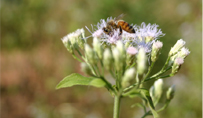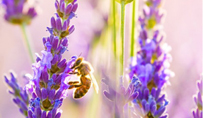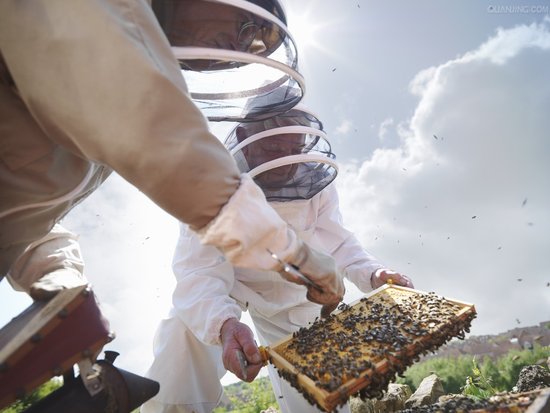We are concerned about bees protection, as well as environment, health and natural foods.
The European honeybee, or Apis mellifera, is used for commercial honey production and by a global
pollination industry worth up to 100 billion dollars. Without it we would lose a third of the world’s food supply.
But honeybees are under threat from all directions. Industrial agriculture and habitat destruction have
taken a toll and the other threat is also come from some diseases and mites. We have to take actions and
pay more attentions to bee protection which is also the protection of human beings.
Bees and their role in forest livelihoods
By Jan Heino
FOREWORD
The role of bees in sustaining forests and forest dependent livelihoods remains poorly known and
appreciated. Bees are a fantastic world resource: they are essential for sustaining our environment
because they pollinate flowering plants. Bees sustain our agriculture by pollinating crops and thereby
increasing yields of seeds and fruits.
The product that most people first associate with bees is honey, although beekeeping generates much
more than just honey: the maintenance of biodiversity and pollination of crops are perhaps the most
valuable services provided by bees. Honey is just one of several different products that can be
harvested: others are beeswax, pollen and propolis, royal jelly and venom, and the use of bees in
apitherapy, which is medicine using bee products.
Bees and beekeeping contribute to peoples’ livelihoods in almost every country on earth. Honey and
the other products obtained from bees have long been known by every society. The diversity in bee
species, their uses and in beekeeping practices varies greatly between regions. In many parts of the
world, significant volumes of honey are today still obtained by plundering wild colonies of bees, while
elsewhere beekeeping is practised by highly skilled people. Honey hunting of wild bee colonies still
remains an important part of the livelihoods of forest dependent peoples in many developing countries.
Today, apiculture plays a valuable part in rural livelihoods worldwide, and this book aims to provide
an insight into the many ways in which bees and beekeeping contribute to these livelihoods, and how
to strengthen this contribution. While the rationale for the sustainable use of tree resources is widely
appreciated, by contrast the sustainable use of bee resources is poorly promoted and appreciated.
Rural people in every developing country are keeping bees or harvesting from them in one way or another.
Edited by Andrew Zhang for Bee Protection
Ecopro China Group Inc.








